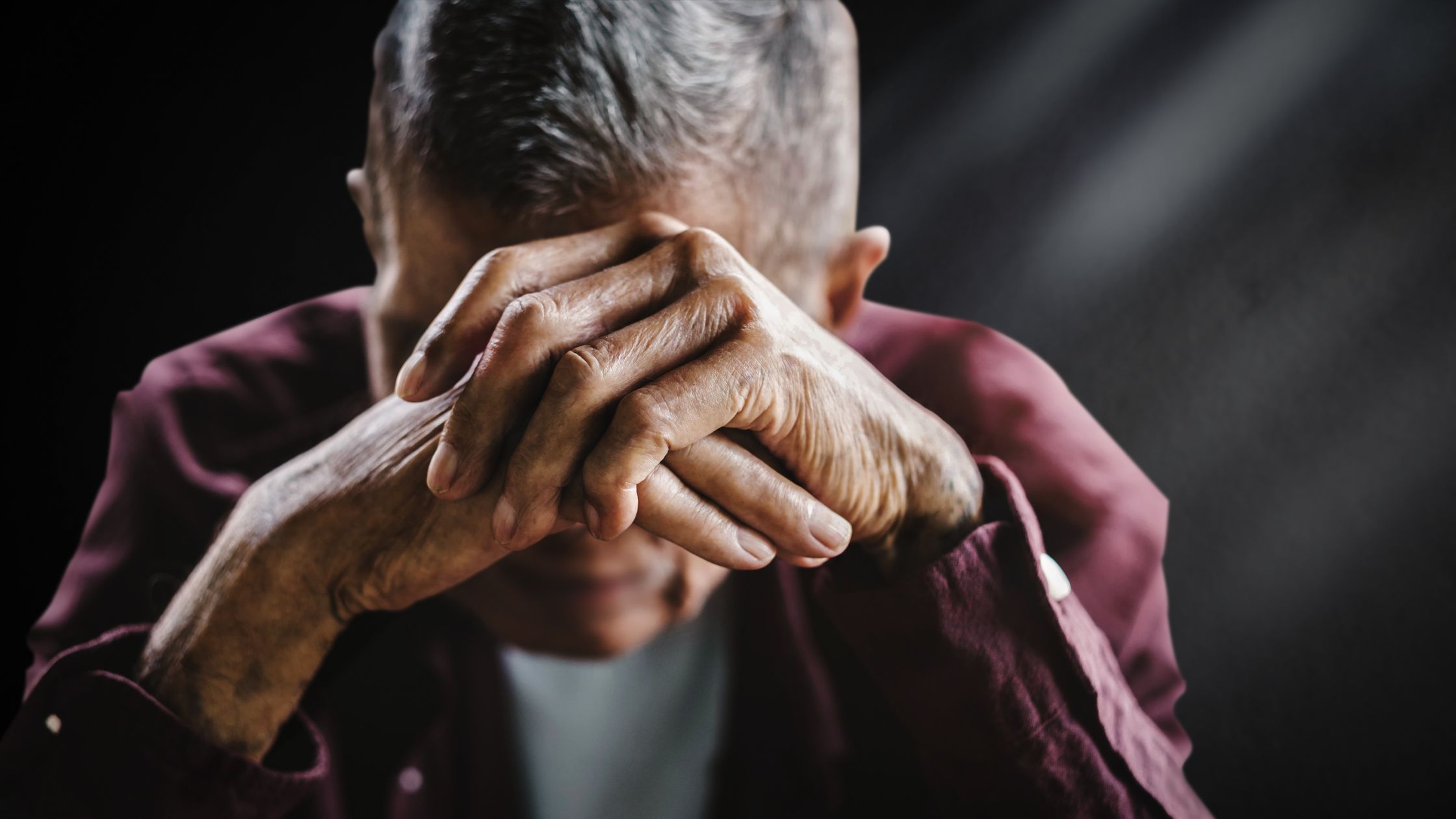The journey to safety for victims of domestic violence is often fraught with challenges, but the Violence Against Women Act (VAWA) provides a vital pathway for relief. In this blog post, we delve into the specific requirements and steps involved in filing an I-360 petition for parents who have suffered abuse from their U.S. citizen children. Understanding the nuances of the process is crucial for those seeking a way out of abusive situations.
What is the VAWA Eligibility Criteria for Parents?
To qualify for VAWA as a parent of a U.S. citizen child, individuals must meet specific requirements:
- Experience Abuse or Extreme Cruelty: Victims must have suffered abuse or extreme cruelty at the hands of their U.S. citizen son or daughter.
- Reside or Have Resided with the Abuser: The abuse must have occurred while living with the abusive U.S. citizen son or daughter.
- Age Requirement for U.S. Citizen Child: The U.S. citizen son or daughter must be at least 21 years old when filing for the self-petition on behalf of the parent.
- Loss or Renunciation of Citizenship Status: If the U.S. citizen son or daughter lost or renounced their citizenship status due to an incident of domestic violence, the parent may be eligible.
- Death of U.S. Citizen Child: If the U.S. citizen son or daughter passed away within two years prior to filing for VAWA, the parent may still be eligible for relief.
- Good Moral Character: The parent seeking relief must demonstrate good moral character, a key factor in determining eligibility.
The I-360 Petition Process:
Filing an I-360 petition is a critical step in seeking protection under VAWA. Here’s an overview of the process:
- Complete Form I-360: Obtain and fill out Form I-360, the self-petition form under VAWA. Provide all necessary details, ensuring accuracy and completeness.
- Gather Supporting Documentation: Compile evidence of the abusive relationship, such as police reports, medical records, and affidavits from witnesses. This documentation is crucial in substantiating the claims.
- Submit the Petition: File the completed I-360 petition along with the supporting documentation with the United States Citizenship and Immigration Services (USCIS).
- Receive USCIS Decision: USCIS will review the petition and may request additional evidence. Once the review is complete, they will issue a decision on the I-360 petition.
- Adjustment of Status or Consular Processing: If the I-360 petition is approved, the parent can move forward with adjusting their immigration status or, if applicable, proceed with consular processing.
Filing an I-360 petition under VAWA offers a lifeline to parents facing abuse from their U.S. citizen children. Understanding the eligibility criteria and navigating the petition process is vital for those seeking protection and a path to legal residency. By taking these steps, survivors can break free from toxic relationships, secure their status in the United States, and embark on a journey towards a safer and more promising future.
What Abused Parents of a U.S Citizen Child Must Do:
Determining first whether VAWA is an option for you or not is the first thing one must do. VAWA application process must be supervised by a U.S Immigration Lawyer. The best first step is to check your best options through the help of an immigration firm. If you believe your case may qualify for VAWA, call our office at 630 504-0648 for a free case evaluation or book a consultation with Atty. Farrah now by clicking this link.
Facebook: Qazi Law Offices
Instagram: AbogadaFarrahQazi
LinkedIn: Qazi Law offices

